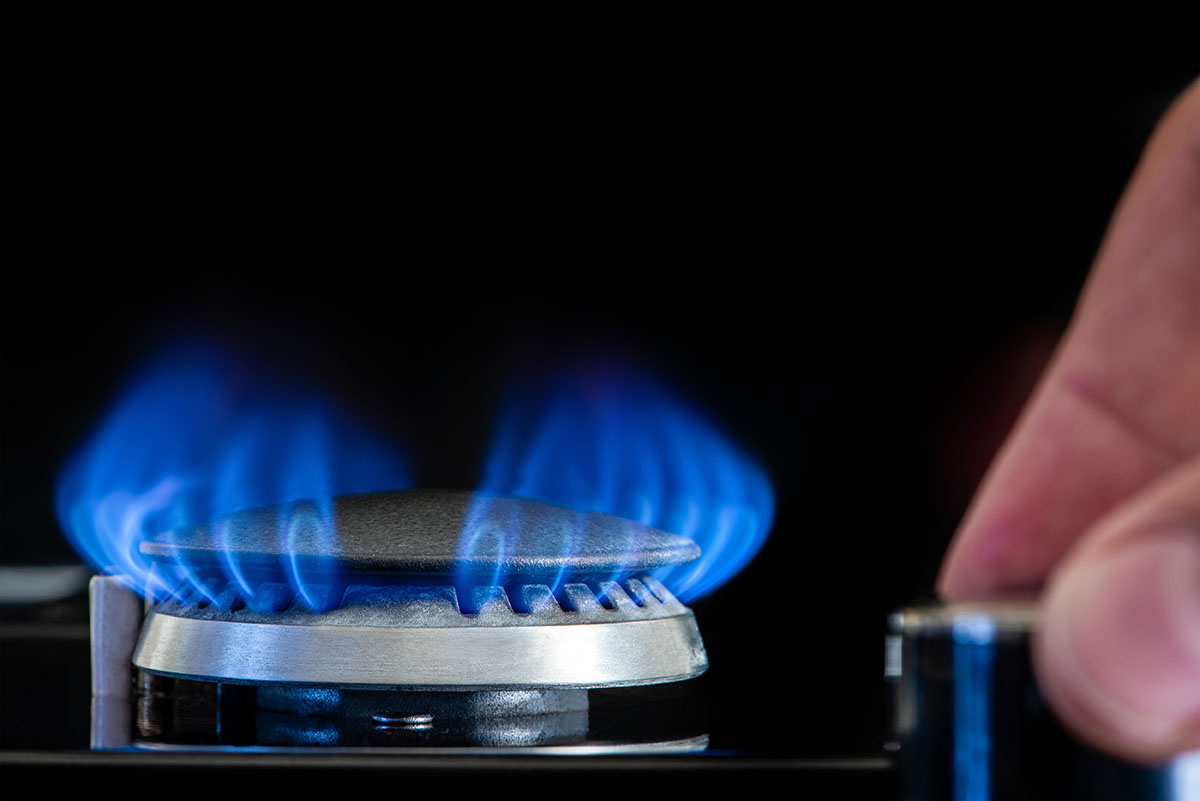

Gas is a state of matter that has no definite shape or volume. Gases can expand to fill any container they are in. This is because the particles in a gas are very far apart from each other.
The particles in a gas are constantly moving. They are moving in all directions at all times. This is why gases can be compressed. When you compress a gas, you are forcing the particles closer together. However, when you release the pressure, the particles will spring back to their original positions.
Gases are made up of molecules. These molecules are very small, and they are made up of even smaller particles called atoms. The type of atoms in a molecule determines the properties of the gas. For example, oxygen gas is made up of two oxygen atoms. Nitrogen gas is made up of two nitrogen atoms.
Gases are important in many different ways. They are used in cars, aeroplanes, and other vehicles. They are also used in factories to produce many different products.
The air is a mixture of gases.

Noun: gas, gases.
Adjective: gaseous.
Verb: gas, gassed, gassing.
The word "gas" comes from the Greek word gázein, which means "to emit, to exhale". The Greek word gázein is related to the Latin word gas, which also means "to emit".
What things are powered by gas?
Question: What are the properties of gases?
Answer:
Gases are a state of matter that has no definite shape or volume. They are made up of molecules that are far apart from each other. The properties of gases include:
Gases are a versatile state of matter that have many different properties. They are used in a variety of applications, including: